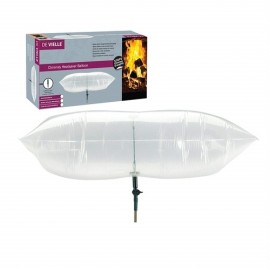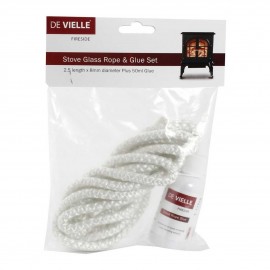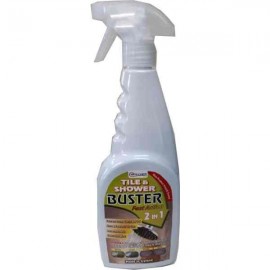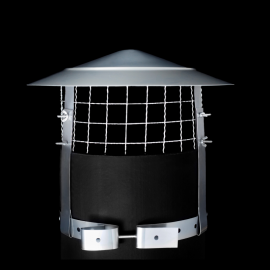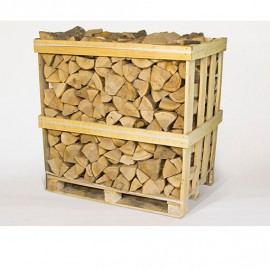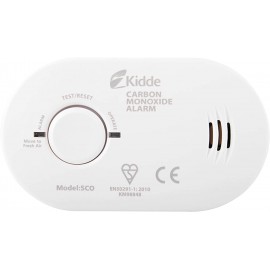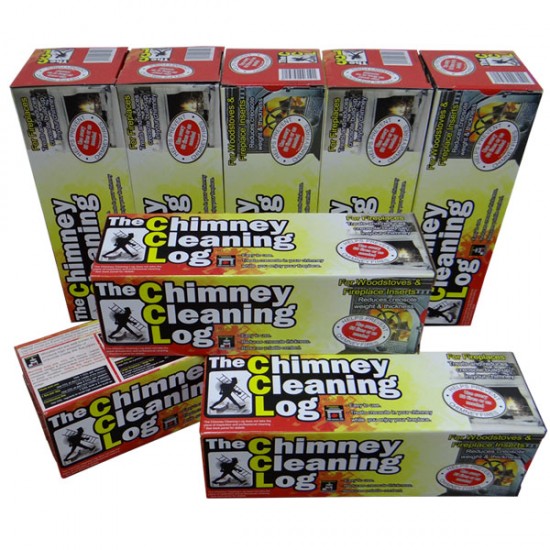
- Stock: In Stock
- Model: 61779
If you are burning wood, then your chimney will be building up harmful deposits of tar and creosote, which can be major causes of chimney fires. When you burn the chimney cleaning log, its mixture of special minerals coat and adhere to the creosote in your chimney. The minerals are working to reduce the tar and creosote and so the potential for a chimney fire diminishes.
The Chimney Cleaning Log contains a mixture of special additives that are dispersed during the process of burning. The additives are released through the smoke and adhere to the creosote. Over a period of 2 weeks a chemical reaction will take place and the creosote in your chimney may become brittle and begin to flake away.
As you continue to burn wood during this 2 week period, the heat from the fires will treat the creosote and may cause the creosote to disperse as a fine powder or break away from the chimney wall and fall back into the firebox in the form of small particles.
After using the Chimney Cleaning Log, remaining chimney deposits are rendered more brittle and easier to remove. It is therefore recommended to assist mechanical sweeping.
Free insurance
So confident are the manufacturers of the Chimney Cleaning Log, that every single log comes with free insurance against chimney fires. Use every 60 fires (once or twice a season) or as needed.
The Problem
When wood is burned, the combustion process is never complete. The smoke from a wood fire usually contains a dark brown or black substance which has a smoky odour. This tar like substance is called creosote and is found nearly everywhere in a wood heating system.
Wood has different characteristics - certain types of wood release more heat than others. Hardwoods such as Oak are denser than softer woods such as pine. Hardwoods will burn longer. Unseasoned 'green' wood will burn with difficulty and produce more creosote.
Over time, the creosote from wood fires builds up inside your chimney or flue. Creosote is a flammable material which can ignite causing a fire in your chimney.

